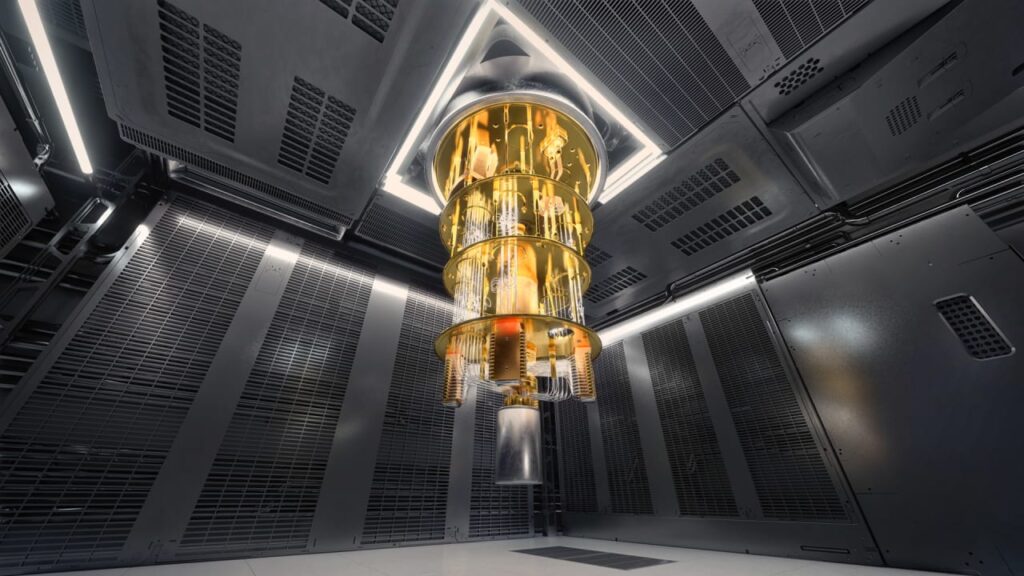Welcome to the Centric3 series on machine learning, where we discuss the area of Quantum Machine Learning (QML) – the intersection of quantum computing and machine learning, exploring how the principles of quantum mechanics can revolutionize the landscape of computation and information processing.

Introduction
Introduction to Quantum Machine Learning
Quantum Computing Intro
Before delving into Quantum Machine Learning, let’s understand the foundational principles of quantum computing. Classical computers use bits to represent information as binary digits (0s and 1s). Quantum computers, on the other hand, leverage qubits, which can exist in multiple states simultaneously due to the principles of superposition and entanglement.
Quantum Computing + Machine Learning
Quantum Machine Learning harnesses the computational power of quantum computers to perform complex computations that classical computers find challenging. It explores ways to enhance classical machine learning algorithms and develop entirely new quantum algorithms that exploit the unique capabilities of quantum systems.
Algorithms
Quantum Machine Learning Algorithms
Quantum Speedup
Quantum computers have the potential to provide exponential speedup for certain types of computations. Quantum algorithms like Grover’s algorithm and Shor’s algorithm showcase this speedup, offering advantages in tasks such as database search and factorization.
Quantum Support Vector Machines (QSVM)
Quantum algorithms for machine learning, like QSVM, aim to solve classical machine learning problems more efficiently. QSVM can enhance the training and testing of support vector machines, a popular algorithm in classical machine learning, by leveraging quantum principles.
Notable Applications
Applications of Quantum Machine Learning
Optimization Problems
Quantum computers excel at solving optimization problems. Quantum Machine Learning can enhance optimization algorithms, leading to improvements in tasks like portfolio optimization, logistics, and resource allocation.
Quantum Neural Networks
Quantum Neural Networks explore the integration of quantum computing principles into neural network architectures. These networks hold the potential to represent and process information in ways that classical neural networks may find challenging.
Quantum Data Classification
Quantum Machine Learning algorithms aim to enhance classification tasks. By leveraging quantum principles, these algorithms can potentially achieve superior performance in data classification problems, especially when dealing with large and complex datasets.
Challenges
Challenges & Considerations
Quantum Decoherence
Quantum systems are susceptible to decoherence, where quantum information is lost due to interactions with the environment. Maintaining quantum coherence for sufficiently long periods is a challenge in building practical quantum computers.
Quantum Error Correction
Quantum computers are prone to errors due to factors like quantum noise and imperfect gates. Developing effective quantum error correction techniques is crucial for building reliable quantum computing systems for machine learning.
Future
Future Directions & Advancements
Hybrid Quantum-Classical Systems
The future of Quantum Machine Learning involves exploring hybrid systems that combine the strengths of classical and quantum computing. Hybrid approaches aim to address the limitations of current quantum computers and enhance their utility in practical applications.
Quantum Supremacy in Machine Learning
Advancements in Quantum Machine Learning may lead to achieving quantum supremacy for specific machine learning tasks. This involves demonstrating that quantum computers can outperform classical computers in solving real-world machine learning problems.




